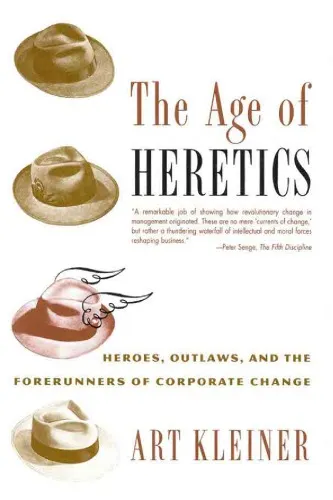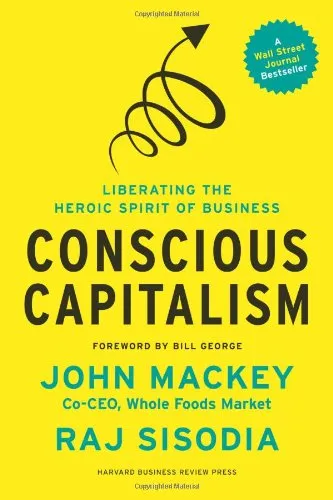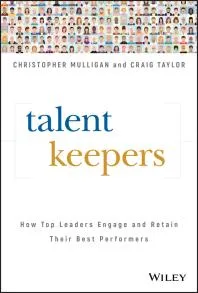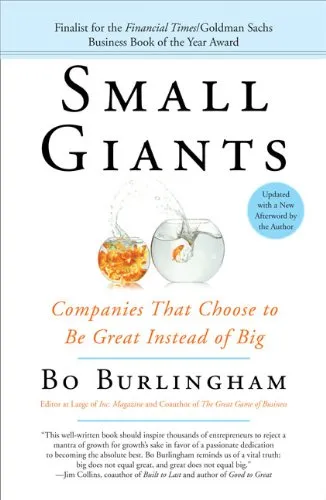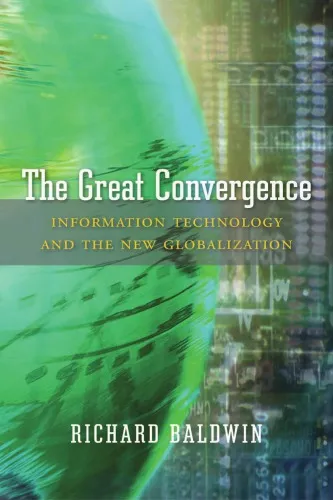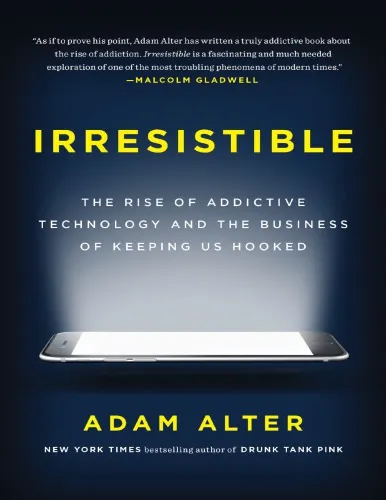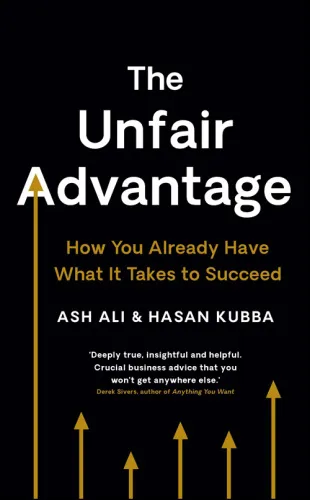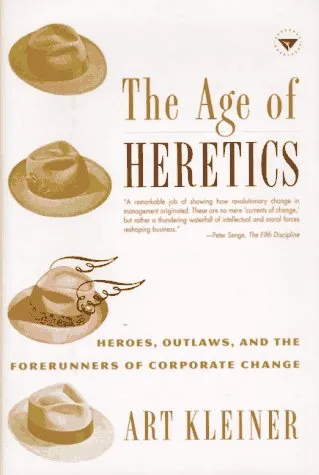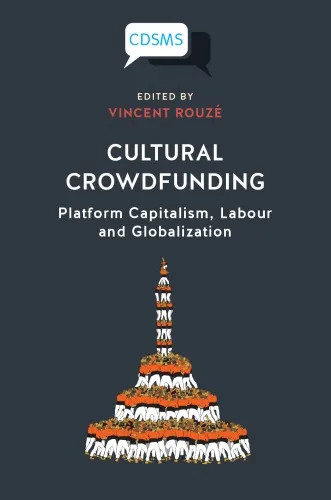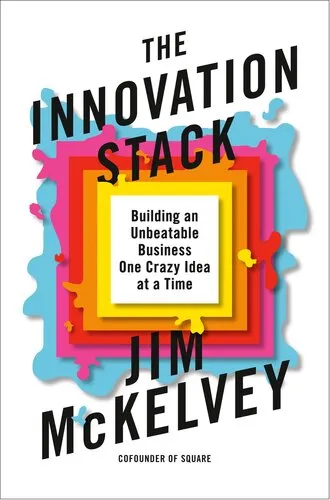The Age of Heretics: Heroes, Outlaws and Forerunners of Corporate Change
4.4
Reviews from our users

You Can Ask your questions from this book's AI after Login
Each download or ask from book AI costs 2 points. To earn more free points, please visit the Points Guide Page and complete some valuable actions.Related Refrences:
Introduction
In the ever-evolving world of business and corporate culture, most literature tends to focus on the success stories of mainstream leaders and organizations. Rarely, however, do we hear about the renegades, the outcasts, the heretics whose ideas once questioned traditional business norms and ultimately reshaped the corporate landscape. The Age of Heretics: Heroes, Outlaws and Forerunners of Corporate Change, written by Art Kleiner, brings these stories to the forefront. It is a bold exploration of individuals who dared to challenge the corporate status quo and, in doing so, laid the groundwork for innovative thinking in workplaces worldwide.
The book delves deep into the history of modern business practices, tracing their roots back to the heretical thinkers who foresaw the need for radical changes. These figures, often misunderstood or marginalized in their time, introduced new ideas about organizational behavior, management theory, and leadership approaches. Their influence extends beyond mere profit-making; it altered how we think about work, values, and the purpose of corporations in society.
Detailed Summary of the Book
The narrative of The Age of Heretics spans several decades, unearthing stories of mavericks and visionaries who put their careers, reputations, and lives on the line to foster progressive change. Kleiner takes readers through the countercultural movements of the 1960s and 70s, when societal upheavals spilled into corporate environments, sparking conversations about ethics, sustainability, and employee autonomy.
The book introduces us to key figures, such as Fritz Roethlisberger and Elton Mayo, whose work in human relations laid the foundation for treating employees as crucial stakeholders in decision-making. It examines the emergence of systems thinking, popularized by figures like Gregory Bateson and Jay Forrester, which encouraged companies to view their operations as interconnected parts of a larger whole.
At its core, the book reveals how these "heretics" were not simply rebels without cause. They were visionaries who believed in a more humane and purpose-driven paradigm for corporate environments. Their ideas eventually paved the way for corporate social responsibility, empowering employees, and recognizing the intricate relationship between businesses and the broader societal ecosystem.
Key Takeaways
- Innovative thinkers often face rejection and resistance, but their ideas can ignite transformation when persistence meets opportunity.
- Corporate change is deeply influenced by societal shifts—businesses do not exist in a vacuum but in a continuously evolving cultural context.
- Systems thinking is critical for addressing complex organizational challenges and fostering sustainable business practices.
- Empowering employees and embracing diversity in thought leads to more resilient and adaptable organizations.
- Ethical considerations and values-driven leadership are essential for long-term corporate success and societal impact.
Famous Quotes from the Book
"Heretics are often pioneers—those who first see ways of doing business in the world that no one else has imagined."
"An organization is more than just a machine; it is a living, breathing system that exists in dynamic interplay with the environment around it."
"The corporate world isn't changed by compliance; it is reshaped by the courage of heretical thinkers who dare to challenge the norm."
Why This Book Matters
The significance of The Age of Heretics lies in its ability to bridge the gap between history, management theory, and practical insights for modern businesses. It serves as a reminder that the corporate world owes much of its current progress to individuals who refused to settle for mediocrity or adhere to outdated traditions. The book calls upon today’s leaders, managers, and change-makers to embrace heretical thinking, challenging norms with the aim of fostering inclusive, ethical, and innovative workplaces.
As organizations grapple with issues such as climate change, diversity and inclusion, and the rapidly shifting demands of a globalized workforce, the stories and lessons in this book remain highly relevant. It empowers readers to view disruption not as a threat but as an opportunity to rethink and transform business for the better. By recognizing the contributions of these forerunners, The Age of Heretics reminds us that true innovation often comes from the margins—and that boldness in the face of resistance can lead to enduring progress.
Free Direct Download
You Can Download this book after Login
Accessing books through legal platforms and public libraries not only supports the rights of authors and publishers but also contributes to the sustainability of reading culture. Before downloading, please take a moment to consider these options.
Find this book on other platforms:
WorldCat helps you find books in libraries worldwide.
See ratings, reviews, and discussions on Goodreads.
Find and buy rare or used books on AbeBooks.
1457
بازدید4.4
امتیاز0
نظر98%
رضایتReviews:
4.4
Based on 0 users review
Questions & Answers
Ask questions about this book or help others by answering
No questions yet. Be the first to ask!
